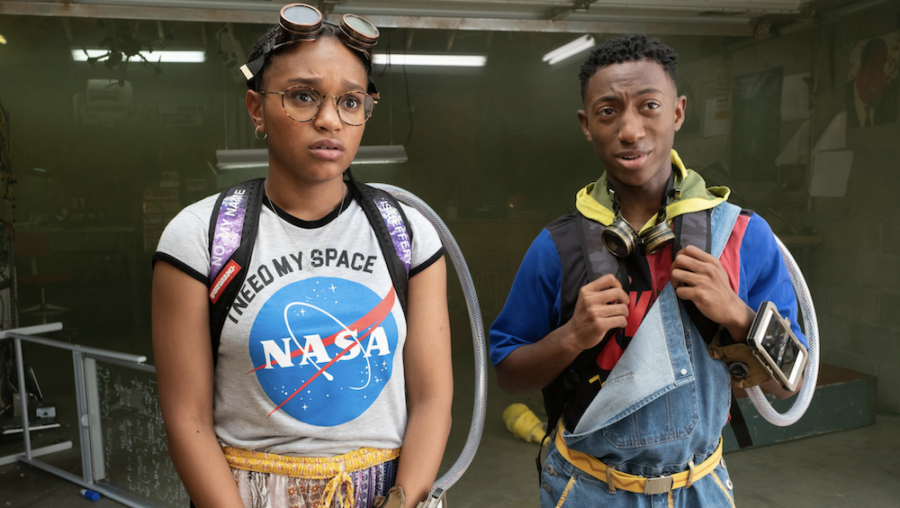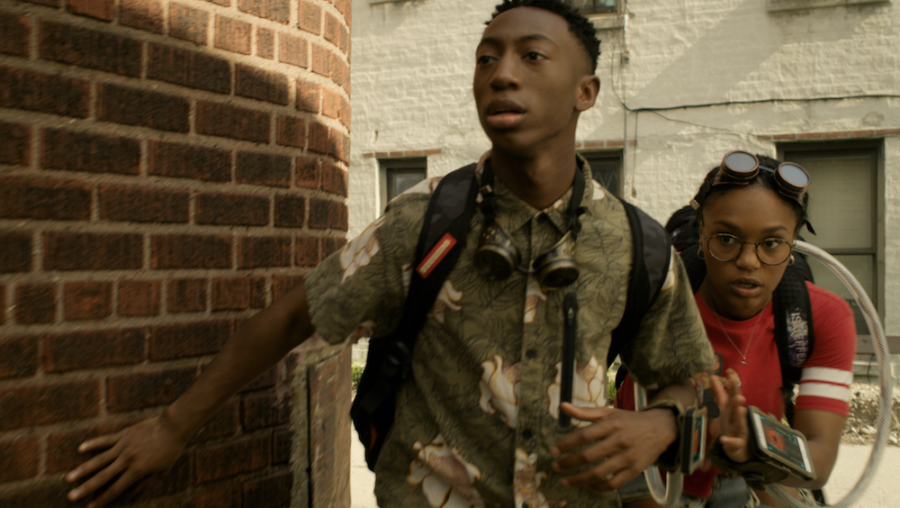
The sci-fi genre, besides dealing with things of an imaginative nature, often tack on some controversial issues that plague the real world, sometimes in a rather artistic way. For anyone wondering what we’re talking about, just search for Kirk and Uhura’s kiss on Star Trek. That trend continued throughout the decades, with the mantle of the torchbearer having been passed onto Netflix’s See You Yesterday, which tackles the issue of police brutality and racial injustice.
See You Yesterday Is A Race Against Time

See You Yesterday centers on two young African American teens, brilliant science students who had developed a time-travel backpack with the intention of using the technology for personal and scientific achievement. However, the story takes a serious turn when one of the teen’s older brothers is wrongfully killed in a police shooting by a racist police officer. This tragic event shifts the youth’s focus from personal and scientific achievements to a mission to go back in time and attempt to prevent wrongful killing.
Unintended Consequences Of Time Travel

The See You Yesterday narrative further dives into the emotional and societal upset caused by racial injustice in the US. It also highlights the desperate measures the protagonists feel compelled to take, given that they have access to technology to right the wrongs within their community. Besides tackling some of the most serious societal issues, the movie also explores the classic sci-fi complexities of time travel, including the unintended consequences changing the past has on the present.
A Strong Focus On Police Brutality

See You Yesterday combines science fiction with social commentary, which not only entertains but also seeks to educate and provoke thought on some serious societal issues. How serious? Well, the statistic shows that more than 1,000 people have been wrongfully killed by the police in 2022—though the number doesn’t include shooting alone, but also other causes of death, such as tasers, physical restraints, and police vehicles.
Even more worrisome is the fact that the US police kill civilians at extraordinarily higher rates compared to other high-income democracies.
Tastefully Addresses Survivor’s Guilt

For comparison, the US police killed 3.35 per 1 million people, while the police in England and Wales only killed 0.05 per 1 million. African Americans are more than two times as likely to be killed by the police than white people, with police brutality in St. Louis being particularly prevalent against the Black community. But these aren’t the only issues See You Yesterday highlights; it also tackles several other complexities, like survivor’s guilt.
A Critical Darling, But Lost On Audiences

See You Yesterday is directed by Stefon Bristol and produced by none other than Spike Lee and his 40 Acres and a Mule Filmworks. It was released directly to streaming by Netflix, who had recently killed multiple renewals.
Unfortunately, the streamer and the production company haven’t disclosed the production budget nor how much the movie earned on streaming. It’s worth noting, however, that it’s favored by the critics. Interestingly enough, it wasn’t really favored by the audiences, given that it has a 38 percent audience score against its 93 percent critical score on Rotten Tomatoes.
For those interested in watching See You Yesterday, the movie is currently available to stream on Netflix.





